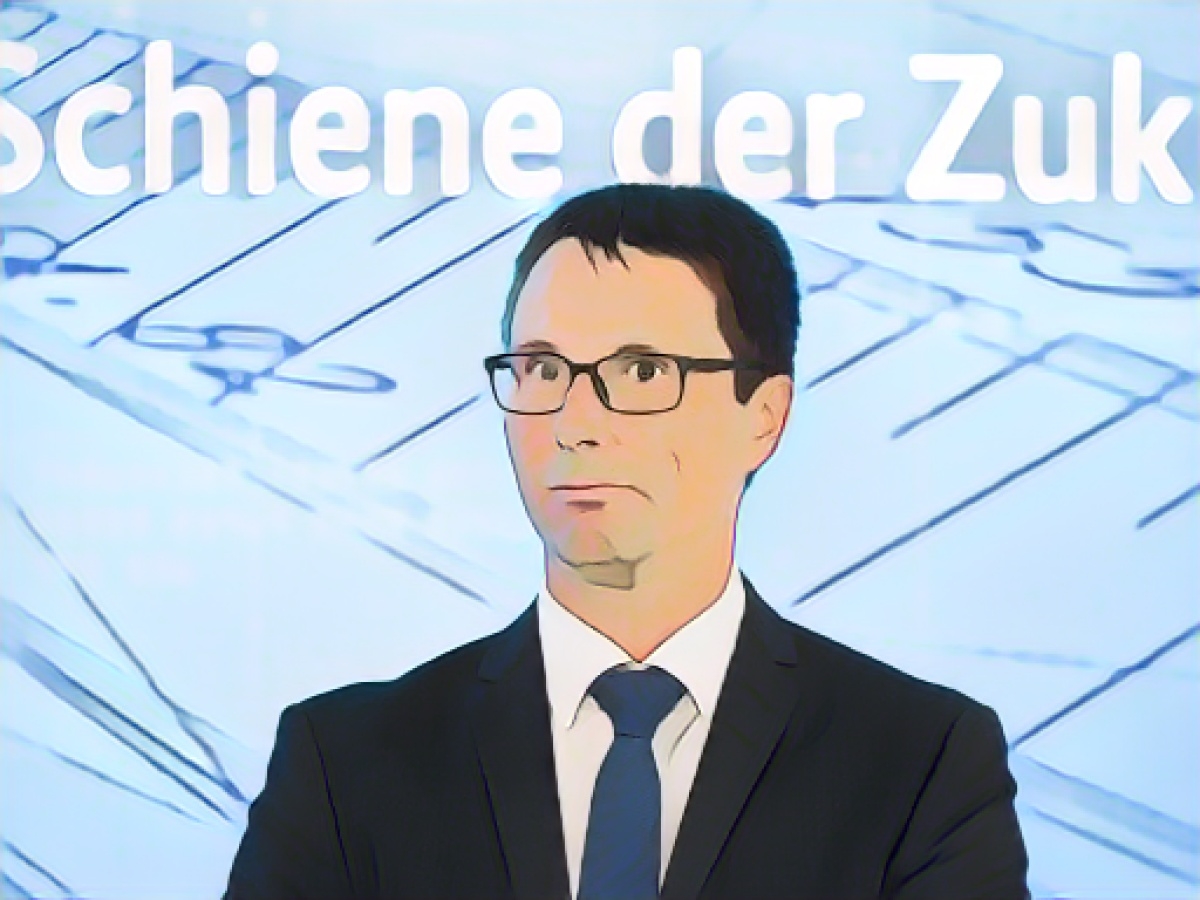Rail industry with record sales
The federal government plans to spend around 40 billion euros over the next few years to bring Germany's ailing rail network back up to scratch. This will please not only passengers but also the rail industry, for which the renovation of dozens of transport corridors means full order books.
The "political tailwind" is bringing movement to the rail sector, announced the President of the German Railway Industry Association, Andre Rodenbeck, on Tuesday. In the first half of this year alone, the industry's order intake grew by 36 percent compared to the same period last year.
The rail industry in Germany achieved record sales between January and June. According to the association, the sector's revenue amounted to around 7.8 billion euros - an increase of almost 15 percent compared to the same period last year. However, this growth was mainly due to orders from abroad. In Germany, on the other hand, turnover shrank by eight percent. The federal government's plans come in very handy here.
Important railroad lines to be renovated
The state-owned company Deutsche Bahn is planning around 40 general refurbishments on important routes in the coming years - the rail industry can therefore expect many infrastructure orders. The federal government has pledged around 40 billion euros in additional funding by 2027. The first general refurbishment is scheduled to begin in summer 2024 on the Riedbahn between Frankfurt and Mannheim. The costs for this project are around 1.3 billion euros, as the railroad recently announced.
However, rail competitors believe that modernizing the existing network is not enough. More speed is also needed in the construction and expansion of railroad tracks, the association Die Güterbahnen announced on Tuesday. "The expansion of the rail network has been extremely modest over the last 30 years and does not do justice to the growing transport needs - as we can see from the crowded infrastructure," said Managing Director Peter Westenberger in Berlin on Tuesday.
750 kilometers of network expansion planned
In the current year alone, not a single kilometer of new rail has been added. In the past six years, an average of only around 23 kilometers were added annually. The rail network in Germany is set to grow by around 750 kilometers by 2030. But: "It is clear that this 1.2 percent expansion of the network over such a long period of time is of course not enough to absorb the growth in traffic and bring more traffic onto the railways," said Westenberger.
The German government recently upgraded numerous new construction and expansion measures from the so-called urgent requirements of the Federal Transport Infrastructure Plan as part of a legislative reform. However, there is a lack of implementation, said Westenberger.
The renovation of important railroad lines will boost traffic and provide numerous infrastructure orders for the rail industry. With the federal government's plan to invest 40 billion euros in rail infrastructure, there's an anticipated surge in orders for rail companies.
The expansion of the rail network by 750 kilometers by 2030 is essential to accommodate the growing traffic needs, as highlighted by rail competitors, but current progress falls short of meeting these demands.
Source: www.dpa.com








